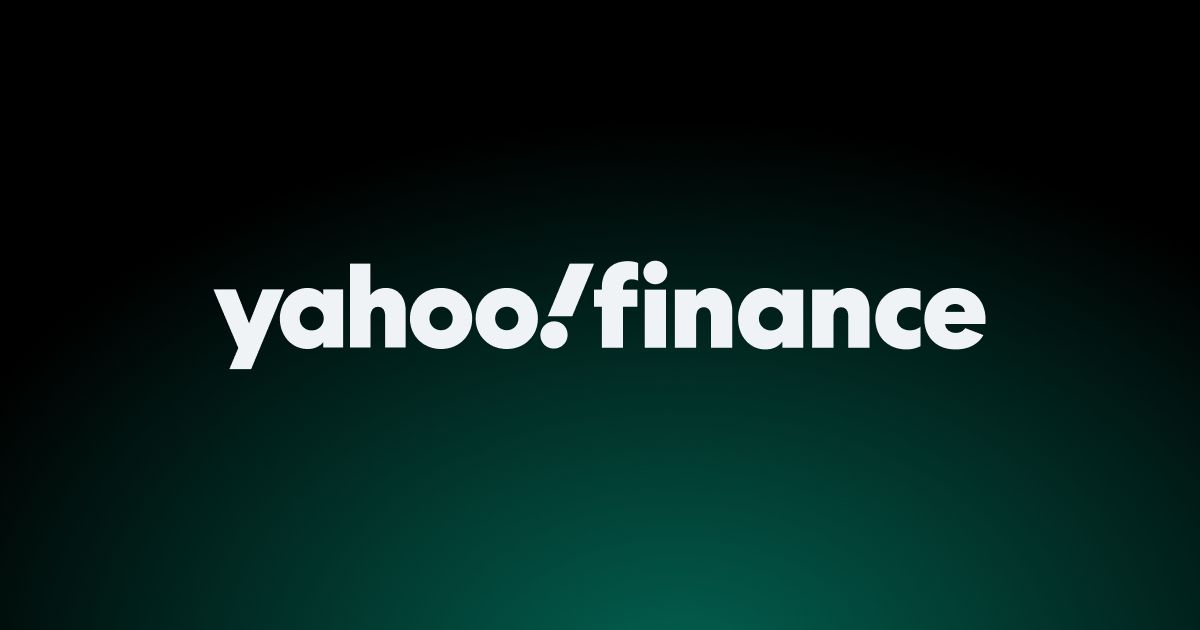Since the 1950s, the Middle East has established itself as the world’s most prolific oil producing region, typically accounting for a third of global production. The oil crises of 1973–74 and 1978–80 spurred growth in Middle Eastern oil production and began the shift in market control from multinational corporations to national oil companies within OPEC nations. However, the region still exported most of its oil in crude form and had limited refining capacity at that time. However, that has changed in recent years, with the Gulf region expanding its refining capacity by a third since 2017 to 10.5 million barrels per day as GCC countries look to capture more value from their fossil fuel resources. This has enabled the region to significantly increase its gasoline output to nearly 2.4 million bpd from 1.7 million bpd , and doubled its gasoline exports to 654,000 bpd.
The large increase in refining capacity has, however, created a pricing conundrum thanks to Middle East petroleum products now reaching a much wider market than ever. Historically, the Gulf region used values derived from the Singapore market to price its gasoline, adjusted for the cost of freight. This made sense when Singapore was the biggest buyer of gasoline from the lower Middle East. However, Singapore now buys just 7% of the region’s gasoline exports, with Pakistan, the U.S., Australia, the Red Sea, the East Coast of Africa now major buyers of Gulf petroleum products. This has forced Gulf states to adopt a new pricing mechanism designed to capture local market fundamentals. Dubbed “MEBOB”, the new pricing mechanism lines up with Europe’s EBOB and the United States’ RBOB. EBOB refers to the Argus Eurobob benchmark for gasoline prices, a key price assessment in the Northwest European gasoline market, used in supply contracts, financial products, and futures contracts. It acts as a benchmark for the economics of producing gasoline from crude oil, known as the “EBOB crack”. The price is published by Argus Media and is used by refiners, traders, logistics providers, analysts, and governments. Meanwhile, RBOB refers to Reformulated Blendstock for Oxygenate Blending, a gasoline blendstock traded as a futures contract on the CME Group’s NYMEX (New York Mercantile Exchange). It is the primary input for producing reformulated gasoline (RFG) when mixed with ethanol and is a key benchmark for investors to speculate on energy markets and the price of refined products.
Story Continues
